When a story is said to take place near the Crags of the Wild Goats, you know it’s going to be interesting. We find ourselves at those Crags as the rising action of 1 Samuel 16–23 comes to a climax in chapter 24 when the Lord delivers King Saul into David’s hands in a most unlikely manner. Here was an opportunity for David to finally end the threats on his life, and start reigning as king, but his response revealed his personal integrity before God, and points us to the Son of David (Matthew 1:1), Jesus Christ, who modeled perfect integrity in all things.
First, what is integrity? Is it one of those things where you know it when you see it? The term integrity comes from the Latin, integer, which means untouched, whole, complete. We call whole numbers like 1, 2, 3 or even 157 integers. We use the term “integral” to mean necessary to the whole, like wheels are an integral part of an automobile. Without integral parts the whole can’t function properly. The integrity of a thing indicates its consistent reliability and functioning to form. The integrity of a person indicates his or her reliability to stay true to a set of beliefs or morals. Blamelessness is a useful synonym for integrity.
David and his small band of fighting men had been hiding from the king’s army in a cave near the desolate land known as the Crags of the Wild Goats, and King Saul of Israel had entered the front of that very cave. Sequestered in its back recesses where they had been hiding, tired of being hunted like animals, weary of the constant looking over their shoulders, shrouded in the silent darkness, realizing it was actually Saul who had entered, David’s men whispered to him, “God has given your enemy into your hands to deal with as you wish,” interpreting the situation as a gift from the Lord to be taken advantage of. There he was, David’s rampaging, unreasonable and unrelenting pursuer taking a comfort break in the privacy of the cave, vulnerable and alone, oblivious to the stealthy approach of the sword-bearing man whom he had been hounding.
Can you imagine what David was thinking as he crept quietly toward his enemy? Was he pondering how anger and jealousy had filled the king’s heart pressing them all to this singular moment?
“It would be obvious to all, even to the king’s men immediately outside the cave, that God, in His providence, had arranged for the end of this one king’s reign this very day so the true king’s reign, my reign, can start.” Is that what David was thinking? I think I would have been.
What would the story of King David be like if he had taken the counsel of his friends that day? Was not the demise of King Saul inevitable? Yes. Was not God, at this very moment, placing David’s enemy into David’s hands? Yes, this was no mere coincidence. But God knew, despite how it looked to some, that this was a perfect coup opportunity ordained by God, that He was delivering Saul into the hands of a man “after [God’s] own heart” (1 Samuel 13:14). God saw David’s beautiful inner life and excellent moral character, a man of integrity before his Lord.
By normal human standards, it’s amazing that David did not choose to kill Saul, but to ensure that Saul could see evidence that he had the opportunity to slay him, David surreptitiously sliced off a piece of Saul’s robe and secretly retreated unawares back into the recesses. He returned to his hiding men with only a clean sword and a piece of fabric. Yet as seemingly harmless as simply cutting off a piece of Saul’s garment was, David’s heart was deeply affected, “The Lord forbid that I should do such a thing to my master, the Lord’s anointed, or lift up my hand against him, for he is the anointed of the Lord” (1 Samuel 24:6).
A serious reality had struck David: cutting off a piece of that robe was tantamount to harming the king. Despite the practical purpose of convincing Saul that he was not Saul’s enemy, David, the man of integrity whom God had anointed years earlier to be king, controlled neither by anger, nor circumstances, nor by rationalization, a man after God’s own heart, knew even that was wrong. This was a leader whose heart was tender because it was whole and uninfluenced by mere selfish ambition.
In the face of mortal danger, David made a choice that reflected the heart of the coming Messiah who would “bring justice to the nations” (Isaiah 42:1–4), who “will not shout or cry out, or raise his voice in the streets. A bruised reed He won’t break, and a smoldering wick He will not snuff out” (42:2,3). The Messiah would not do things the “normal” expected way of earthly rulers. Justice, wholeness, integrity will be brought to the nations, neither by human reasoning, nor human intelligence, nor human rationale. Rather, it will be brought by means of the integrity of the Gospel of Jesus Christ and by the whole hearts of the people of God.
Every one of us is living in a story where someday we will be hanging out near the Crags of the Wild Goats, and a choice will be placed before us, probably not in a cave, but in our home, workplace, or neighborhood. David’s story makes me ask myself what I will do. Will I big foot my way through life, keep my own schedule, set my own terms, and rationalize for personal comfort or gain; or will I keep in step with the Spirit, helping bruised reeds to heal, and breathing life to lamps almost gone out? My integrity before God — my wholeness — matters greatly. You know integrity when you see it.
Written by: Jack Gross, Elder
Based on: 1 Samuel 24:4–15
Passion Week Devotional 2025: Day Eight

